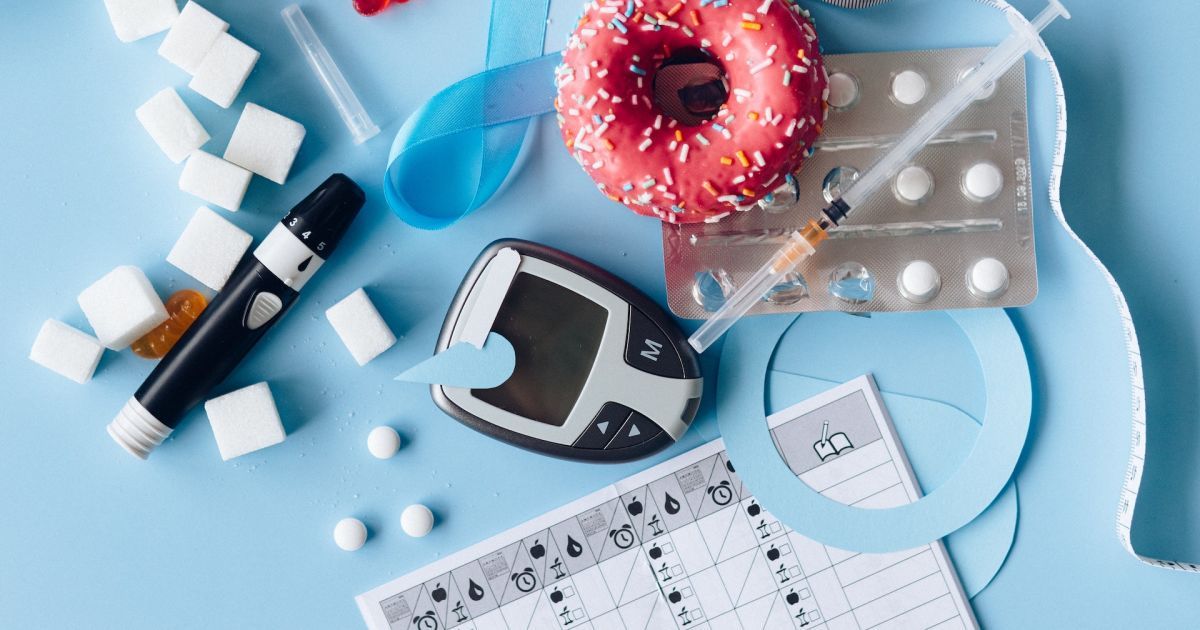As diabetologist Valeria Orlenko
said
, currently there are many reasons to consider prediabetes not a condition, but a disease.
This is manifested by metabolic changes that already begin to occur in the body at this stage.
They can lead to diabetes-like complications.
Who is at risk?
Provided that you have at least one of these factors, you should consult a doctor and check the state of carbohydrate metabolism:
low physical activity;
women who gave birth to a child weighing more than 4 kg or had gestational diabetes;
presence of type I diabetes in relatives;
arterial hypertension over 140/90 mm Hg.
Art.
or the use of antihypertensive therapy;
clinical conditions associated with insulin resistance (polycystic ovary syndrome, obesity);
HDL cholesterol level is less than 0.9 mmol/l and/or triglyceride level is more than 2.82 mmol/l;
the presence of cardiovascular diseases.
Prediabetes: treatment
You can use
the FINDRISC test
for self-control.
It contains eight simple questions with answers and total points.
However, even if the test shows a high probability of type II diabetes, it is not too late to change everything.
The doctor highlights eight important steps that will help you reduce the risk of developing a serious disease:
Awareness of the problem is probably the most important step, because it is very important to understand that you need to start acting.
Fighting excess weight - the nutritionist assures that even reducing excess body weight by 7% will help on the way to recovery, for this you need to eat healthy food that has fewer calories.
Using a "healthy plate" — 50% of your meals should be non-starchy vegetables (asparagus, Brussels sprouts, carrots, etc.).
Another 25% are starchy vegetables (potatoes, corn, peas).
The last 25% is protein (vegetable or animal).
Exercise - you can start with regular walks - make it a rule to walk briskly for 30 minutes every day.
After that, you can add other physical activities.
Healthy sleep — it should last 7-9 hours a day.
To improve it, it is better to limit the use of alcohol, caffeine and establish a sleep regime.
Quitting smoking - it is better to forget about this bad habit, because smokers have a 30-40% increased chance of developing diabetes.
Adding pills is, of course, something you should discuss with your family doctor.
Medicines are recommended to be added only in some cases.
Support - above all, it is very important for a person to be supported by loved ones, friends, and relatives.
Read also:
It turns out that posture matters: how to sleep to wake up refreshed and healthy
It will seriously undermine health: why you can't drink coffee with milk
Can people with gastrointestinal diseases drink coffee: a gastroenterologist gave an answer
